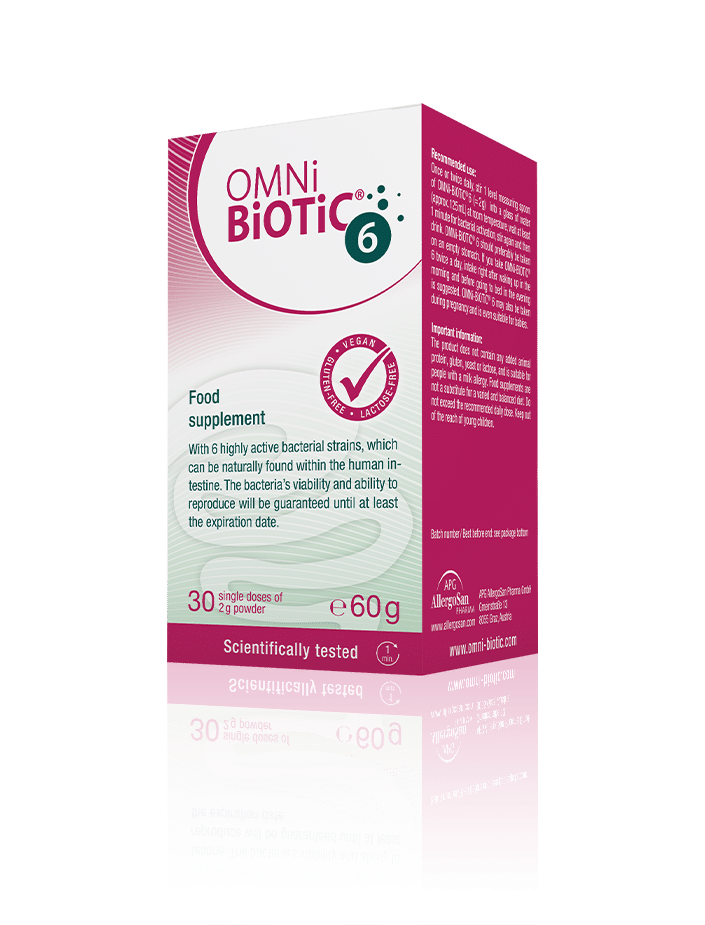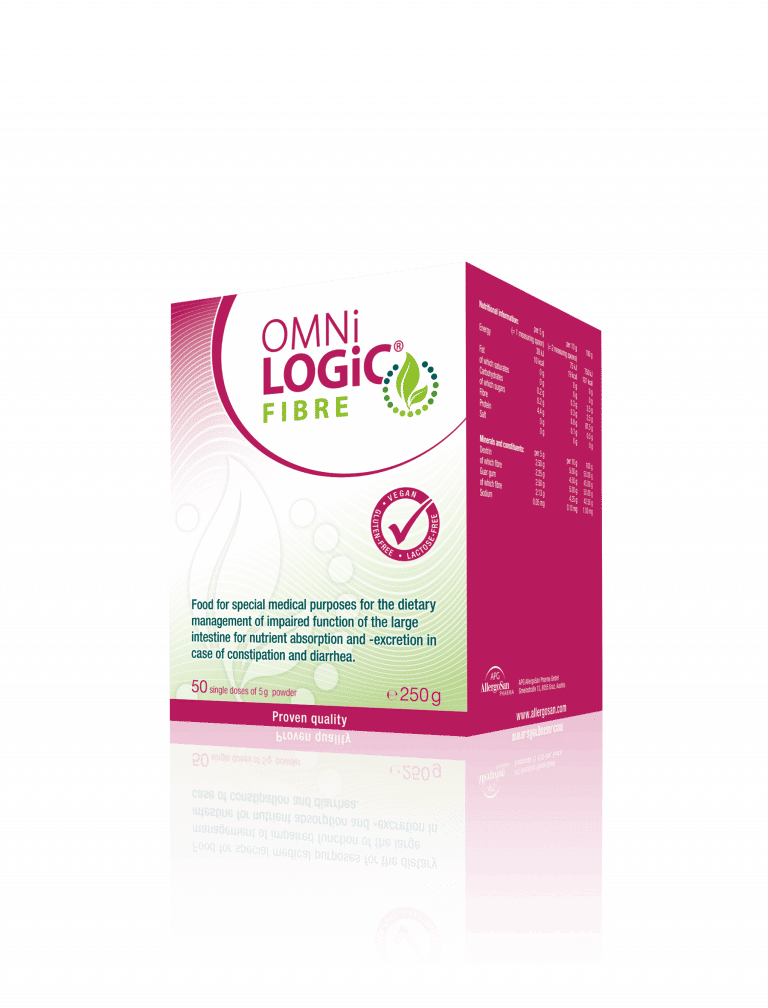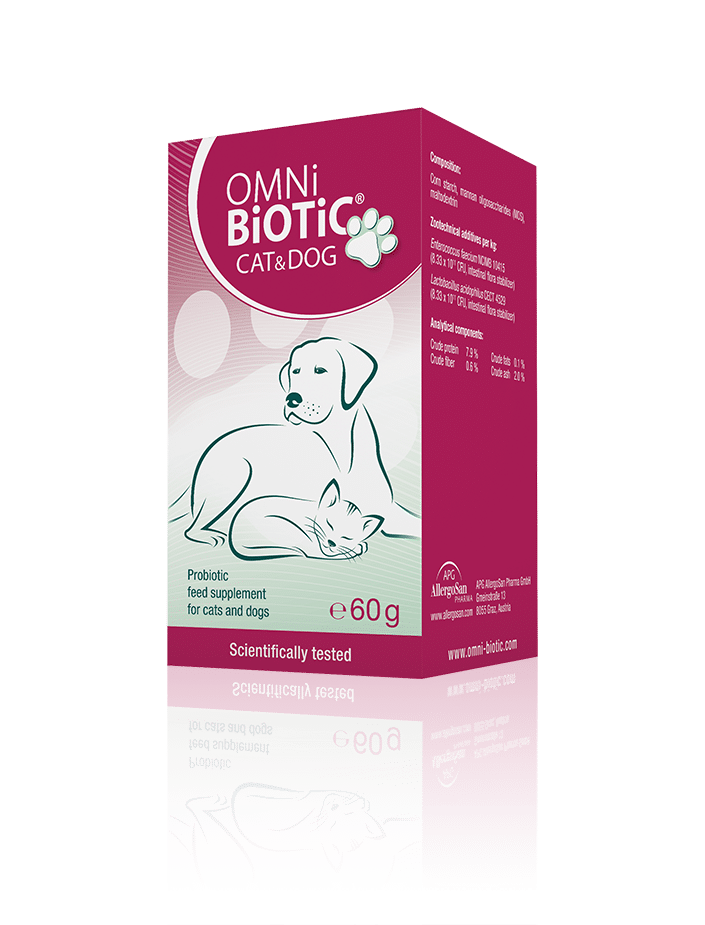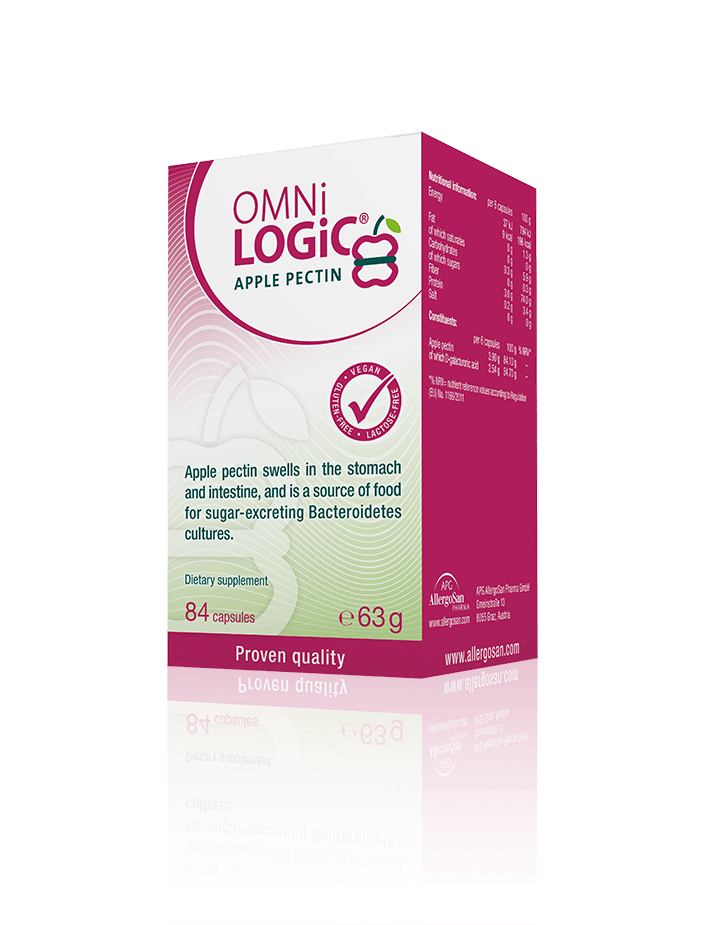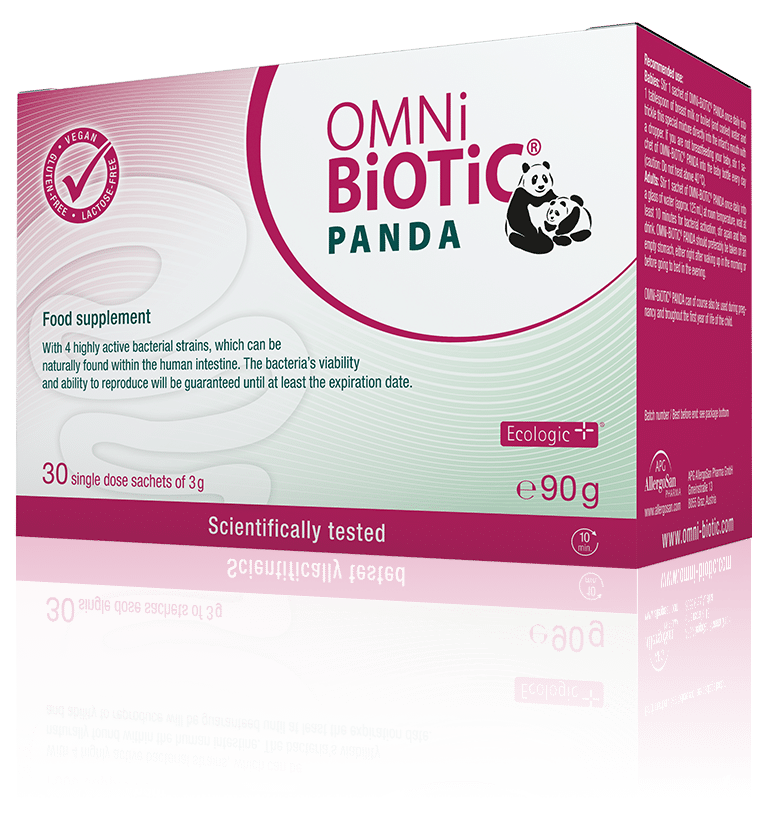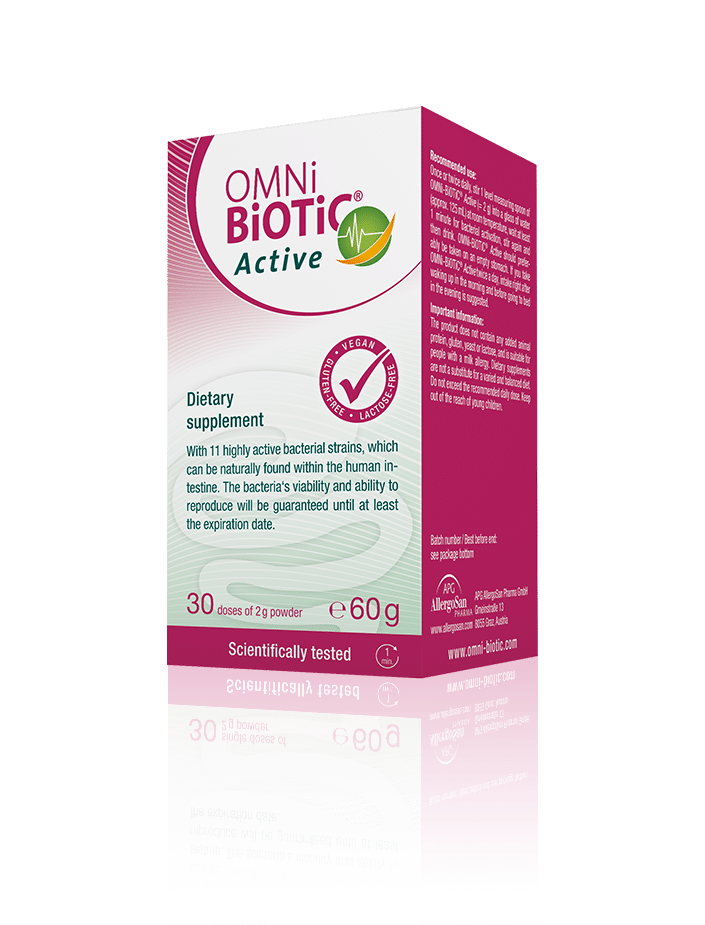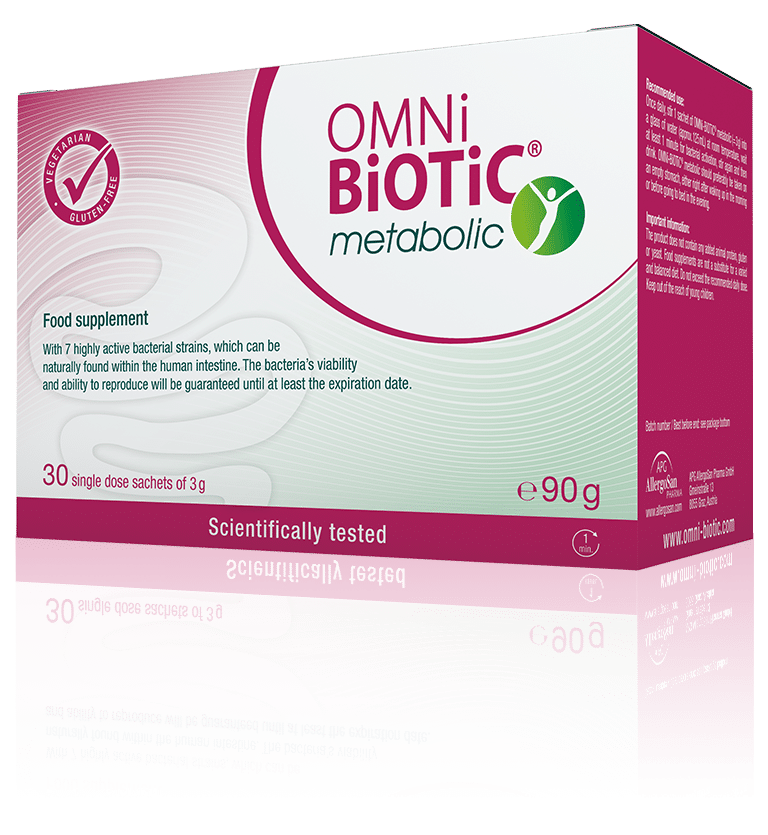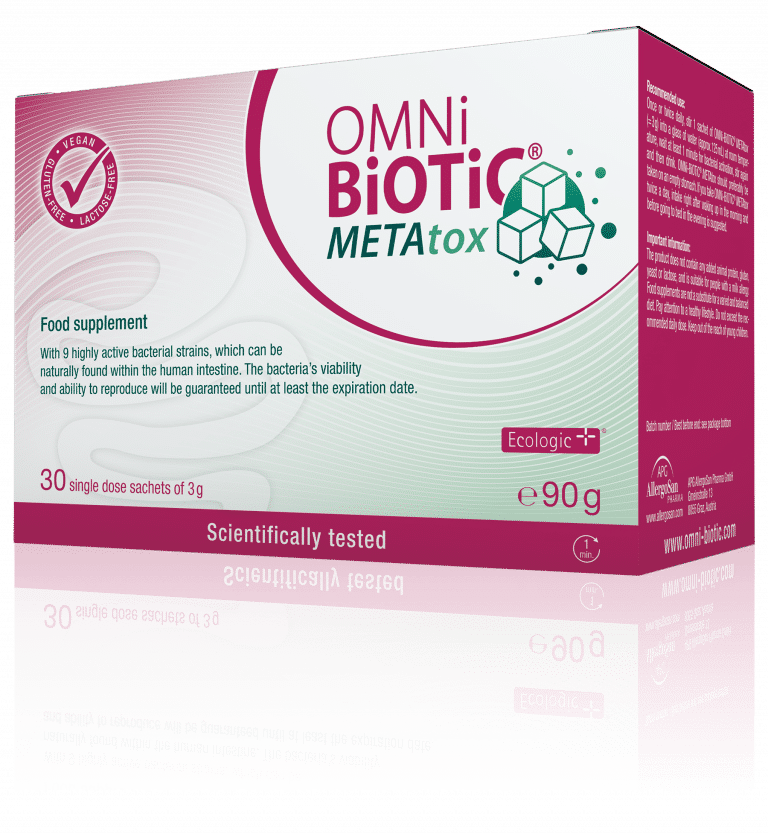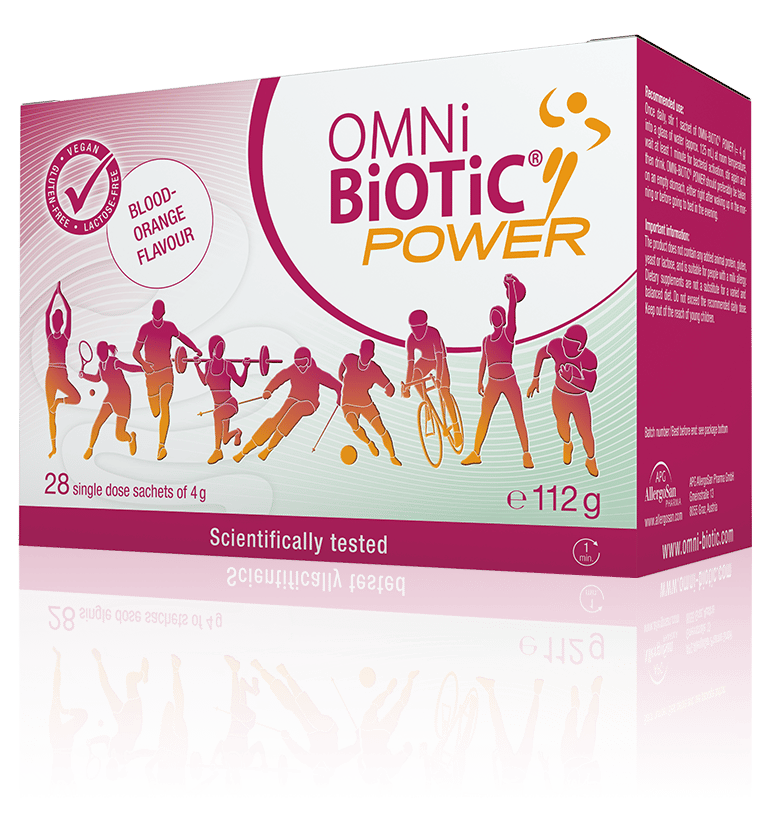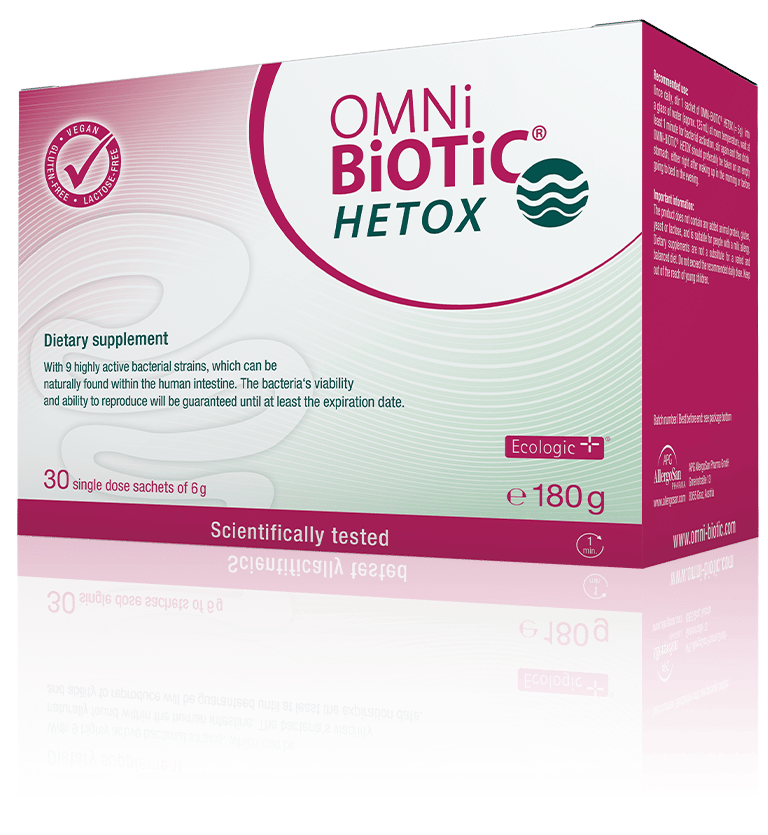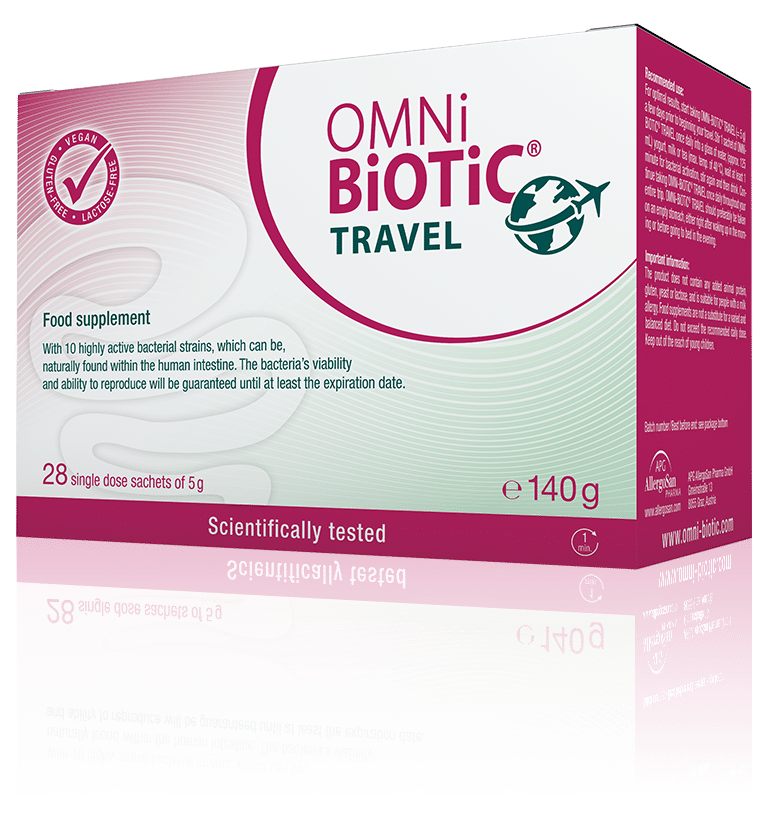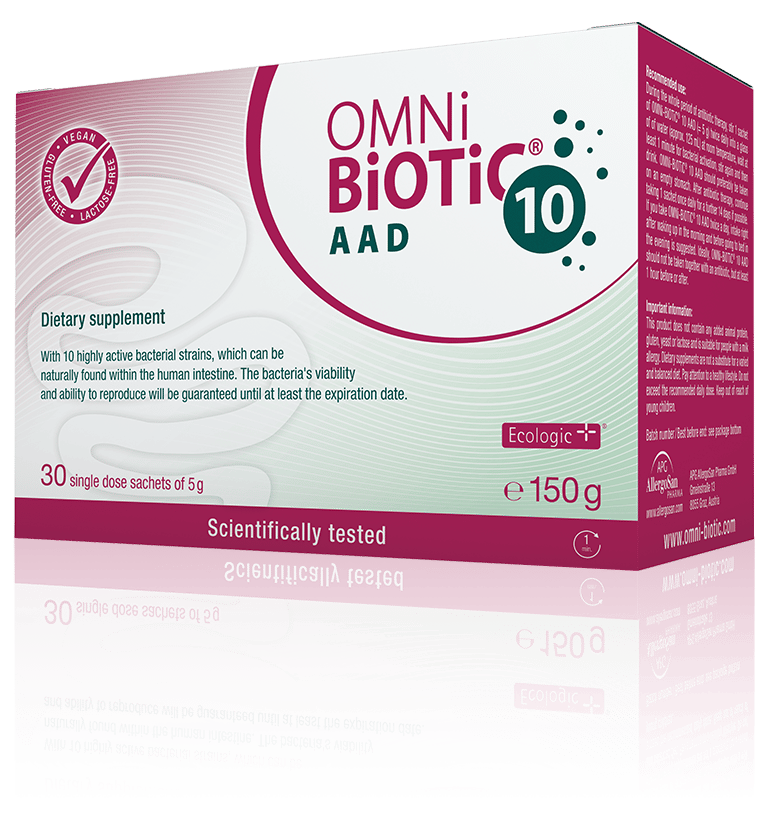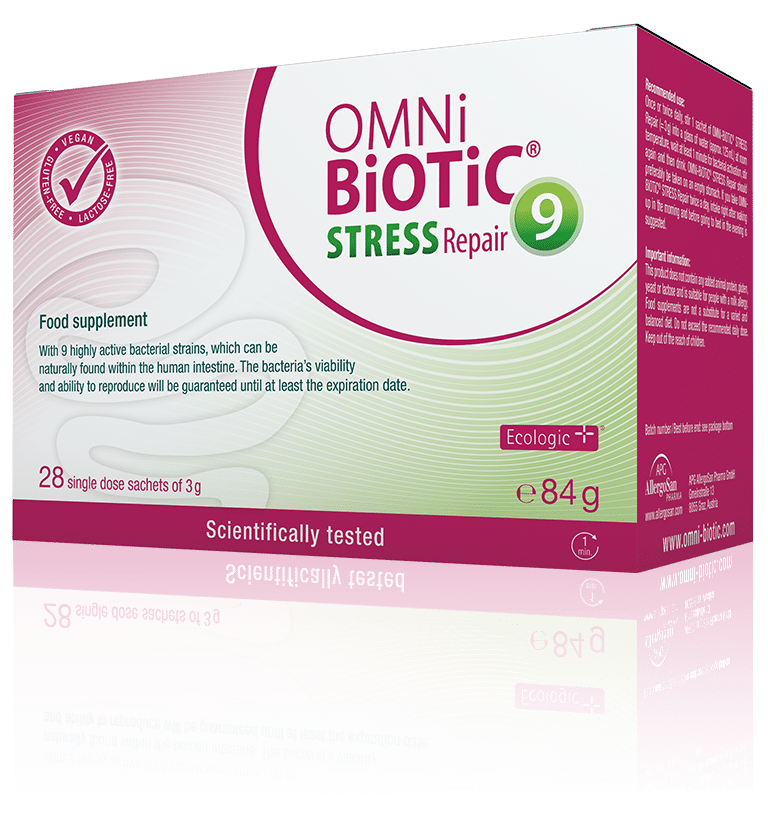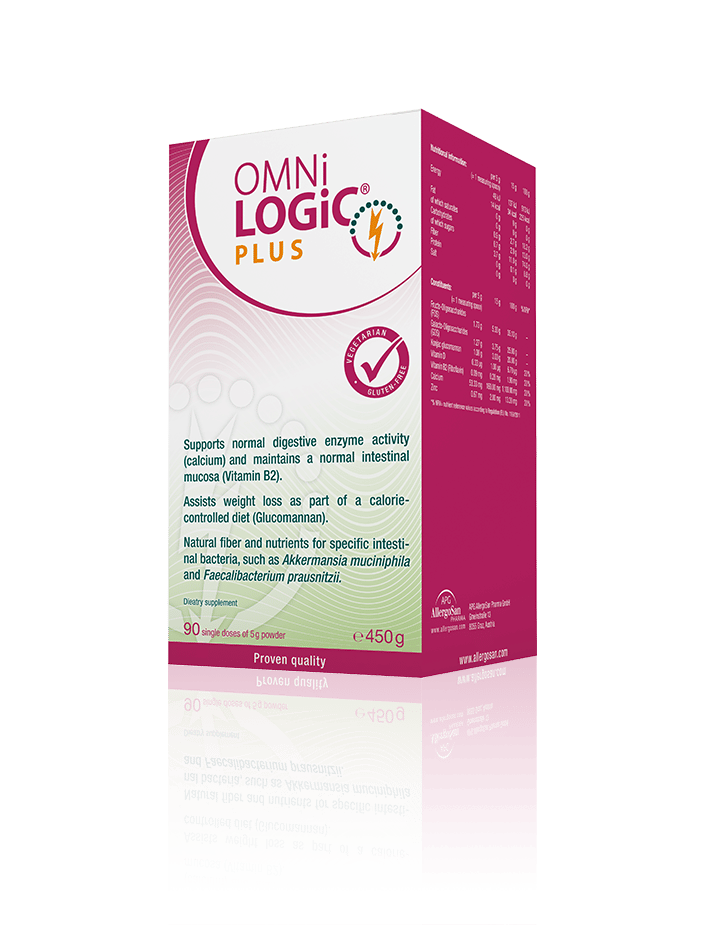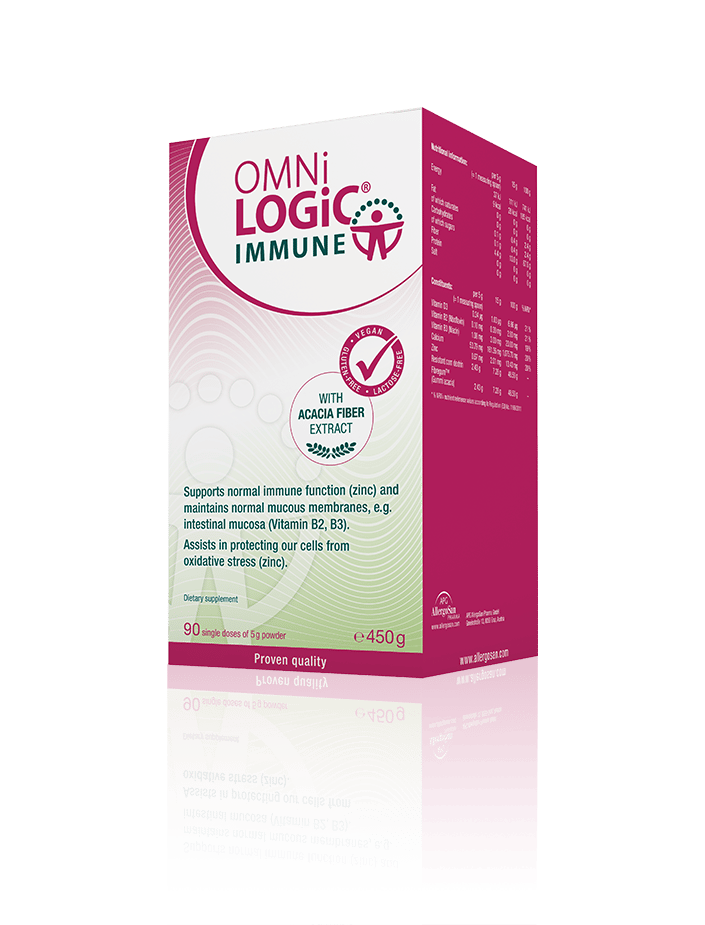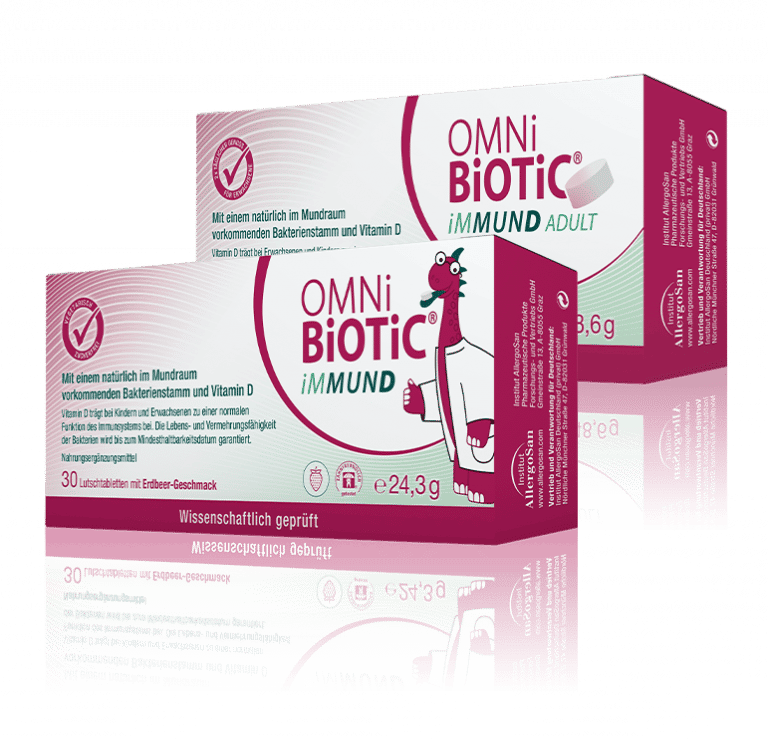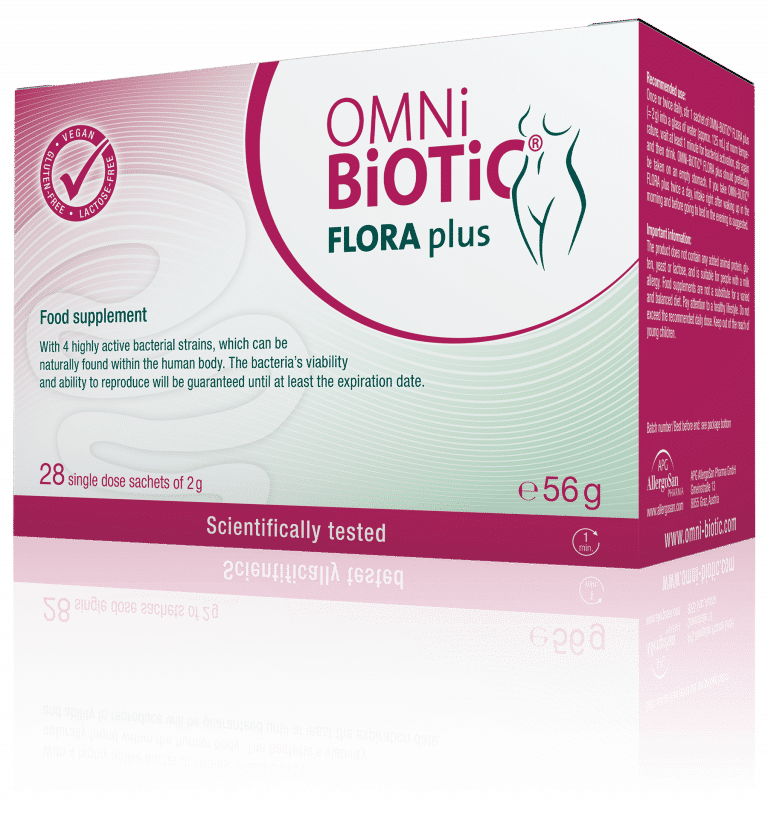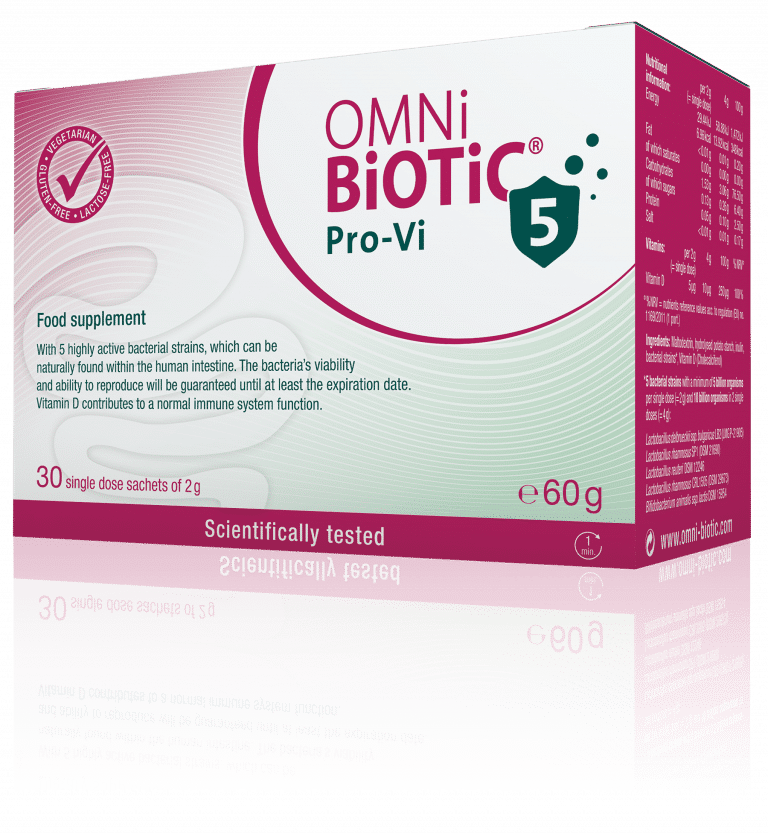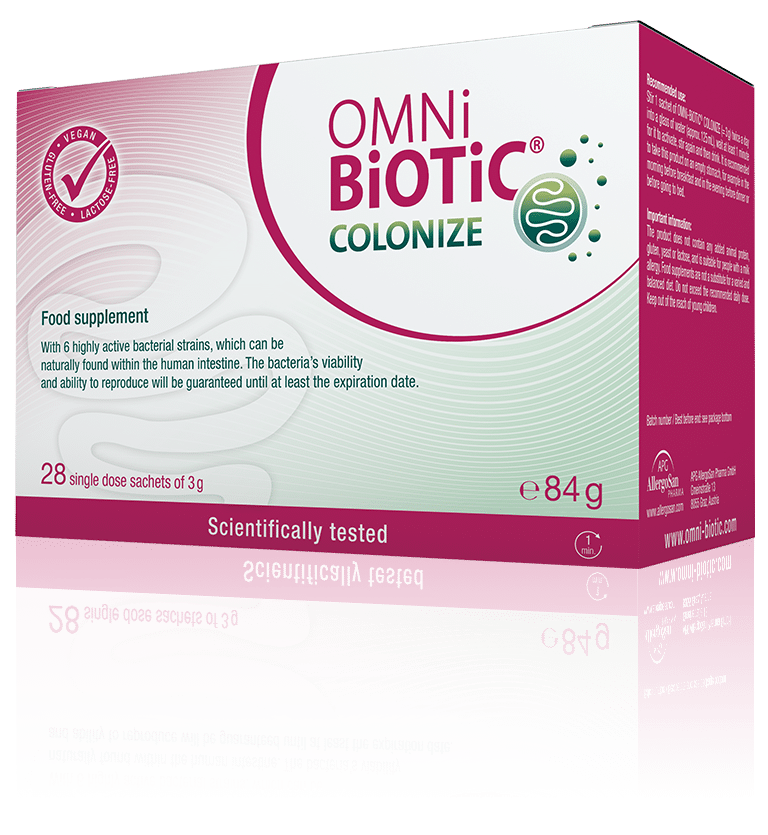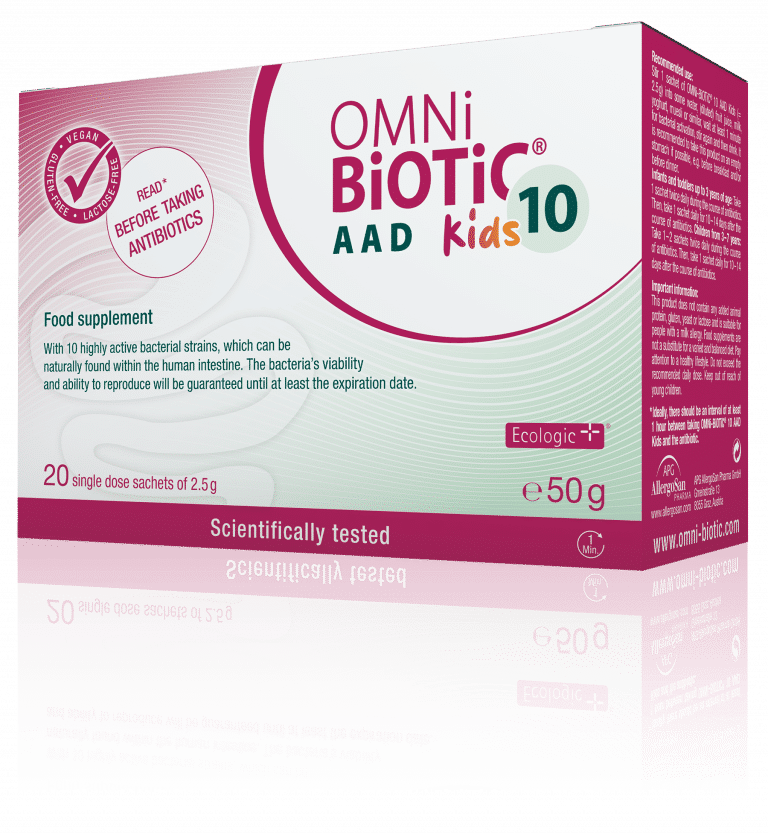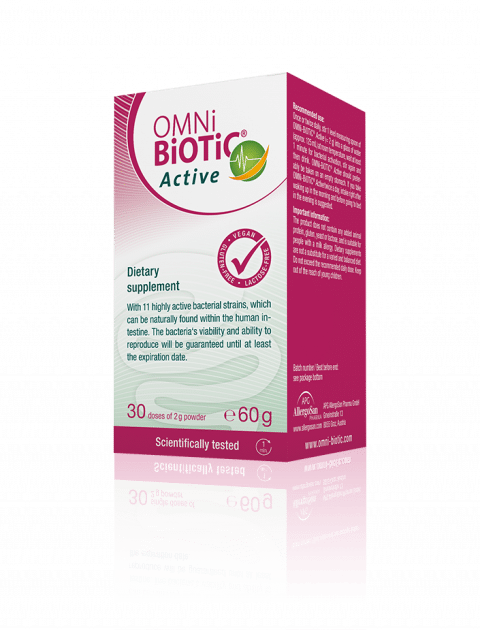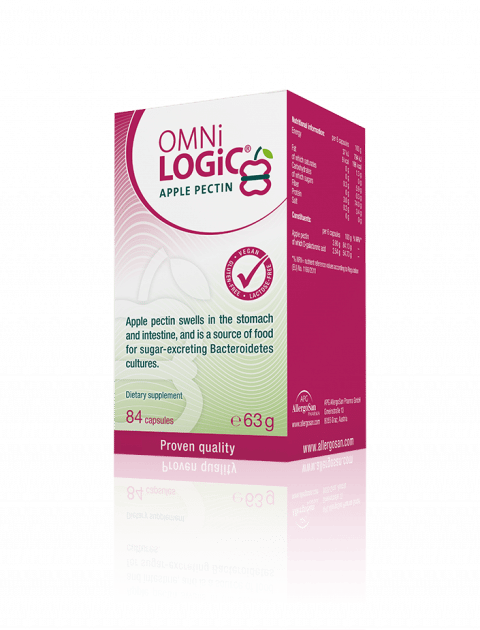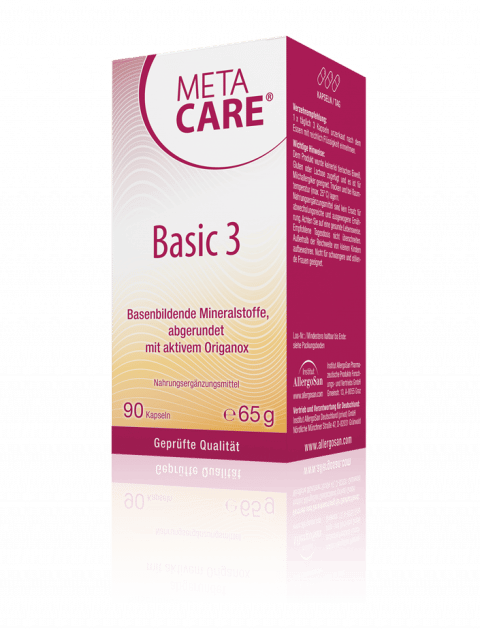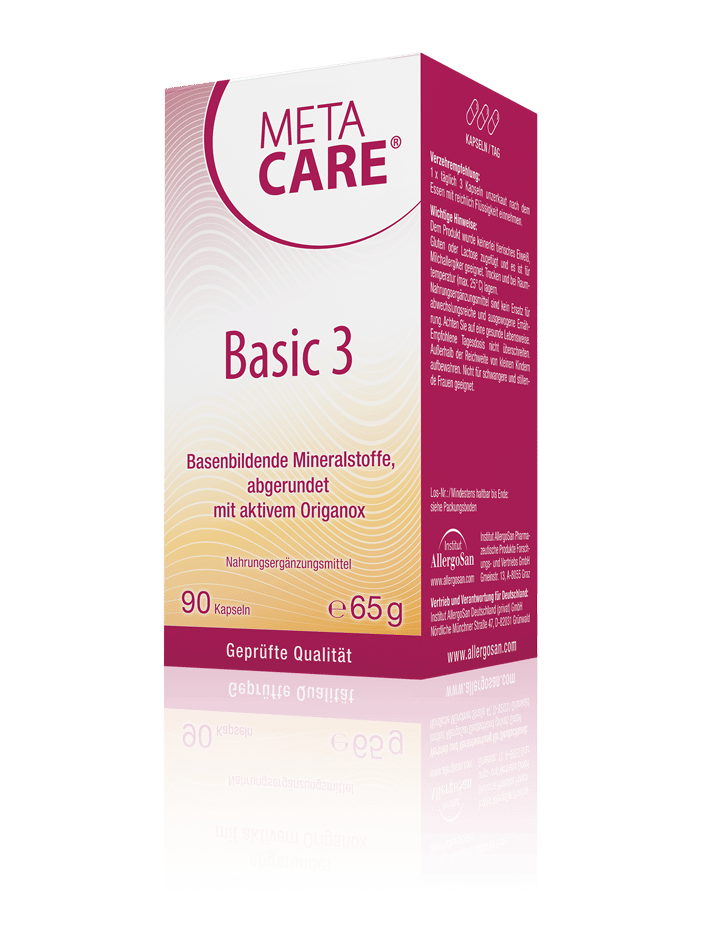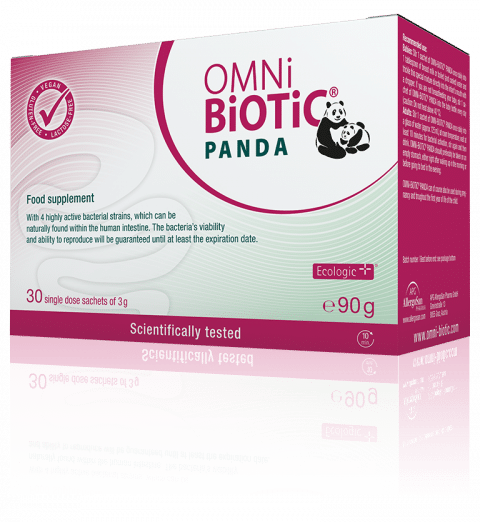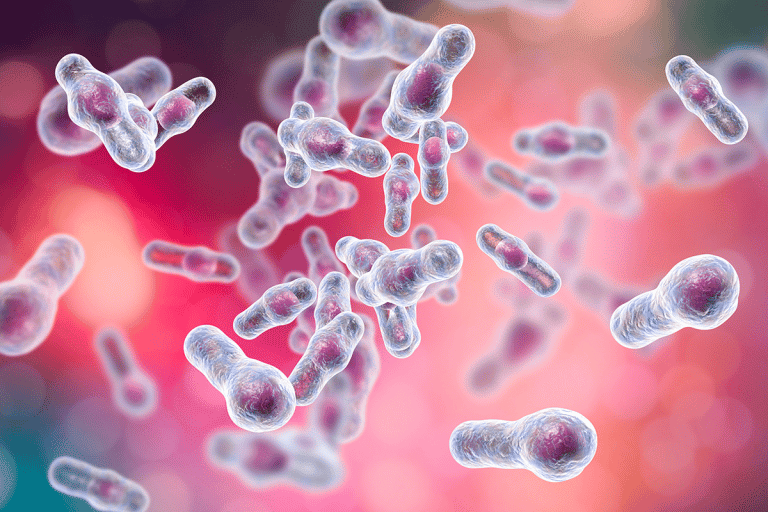
Probiotics
Probiotic bacteria are living microorganisms that bring health benefits to humans when they enter the gut in sufficient quantities.
Probiotics are only those that fulfil the following requirements:
- Proof of the health-promoting effect
- Production of lactic acid and other substances with bacteriostatic or bacteriocidal effects
- Survival of the stomach passage and ability to multiply in the intestine
- Proof of genetic stability in order to be able to exclude pathogenic mutations

It is already known that an unbalanced intestinal flora plays a role in the development of diseases. In addition to a healthy, balanced diet, sufficient exercise and stress avoidance, the use of medically relevant probiotics is recommended to restore the balance in the intestine. Through the supply of viable, probiotic intestinal bacteria, our own "good" intestinal bacteria receive reinforcement. The naturally occurring lactobacilli and bifidobacteria in our intestines are passed on to us from our mothers at birth. This takes place either during natural birth from the vaginal mucosa or via breast milk.
In the intestine, monosaccharides and polysaccharides (so-called oligosaccharides) from breast milk or baby food are converted into lactic acid by probiotic bacteria, thus acidifying the intestine and making it more difficult for harmful bacteria to settle there. Lactobacilli also consume the oxygen that enters through the intestinal wall. This is important because most intestinal bacteria need an oxygen-free environment to fulfil their function. Bifidobacteria produce important short-chain fatty acids, which serve as a natural nutrient for other probiotic bacteria and as an energy supplier for the intestinal cells, thus strengthening the intestinal barrier. In addition, the release of the short-chain fatty acids lowers the pH value in the intestinal ecosystem and thus also suppresses the overgrowth of pathogenic germs.
There are a variety of different specific probiotic bacteria that cause detectable, positive effects in the human intestine: For example, some bacteria are used to treat diarrhoea (e.g. during antibiotic administration), while others help to reduce inflammation or produce vitamins. In scientific studies, specially developed, medically relevant probiotics led to the improvement of symptoms of irritable bowel syndrome, ulcerative colitis, or neurological and neurodegenerative diseases such as depression or Alzheimer's disease.
Synbiotics
Due to the various positive interactions of the pre- and probiotics with the intestinal flora and the intestinal immune system, the combination of these active substances is recommended. Synbiotics represent a combination of pro- and prebiotics. They usually consist of one or more bacterial strains in combination with the substrates to be used for them, the prebiotics. Prebiotics serve as protection for the probiotic bacteria from stomach and bile acids during their passage through the digestive tract and enable optimal colonisation in the intestine.
"Optimal intestinal health - namely by colonising the gut with the "right" bacteria - forms an ideal basis for a vital life."
